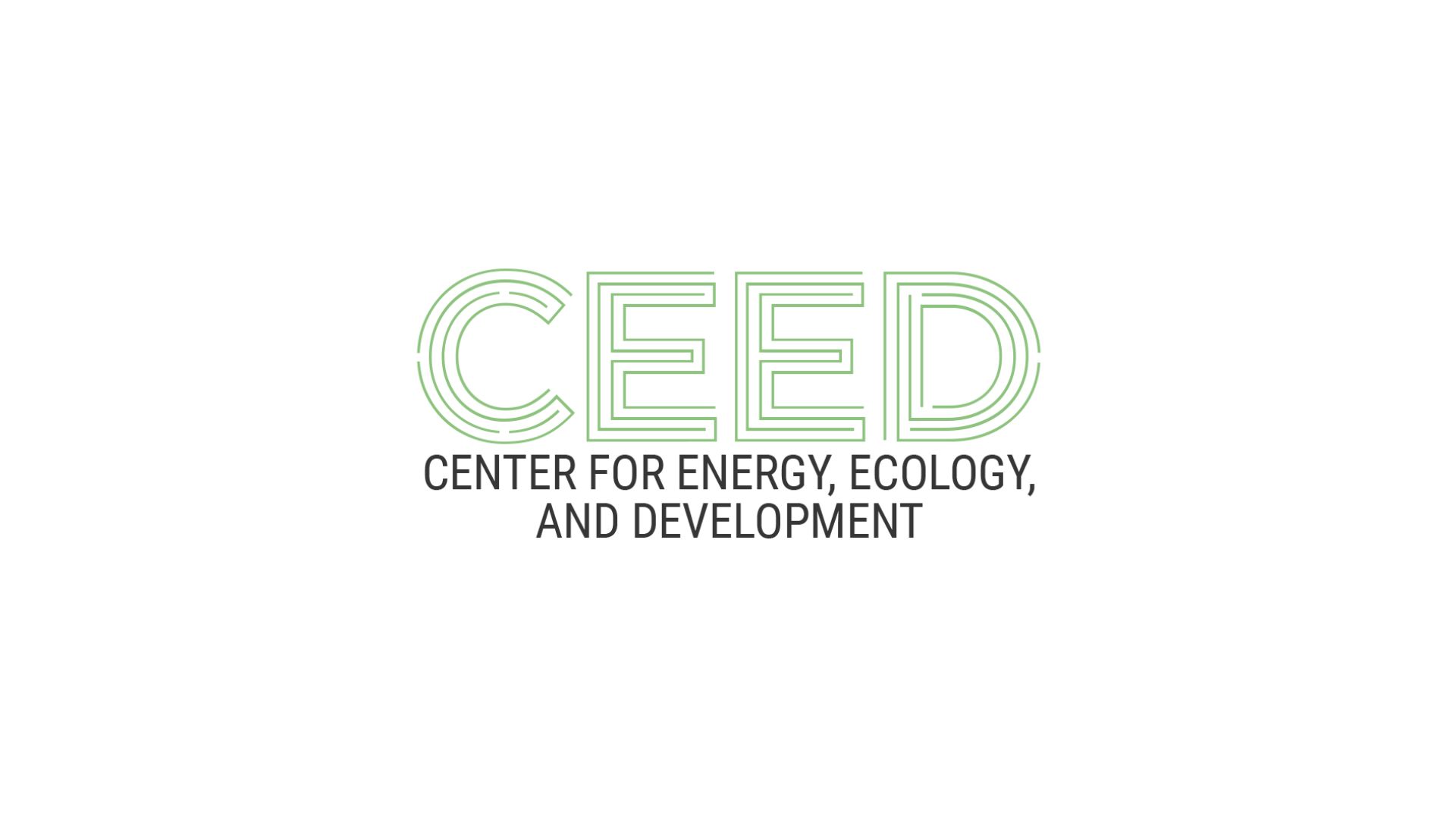UN review highlights urgent call for Philippines to address gas expansion
- February 19, 2025
- 0

As the Philippines faces a United Nations rights
“The Philippines’ status as a climate-vulnerable country is an impetus for our government to ensure an urgent and ju
CEED’s call to action comes as the country undergoes a review under the United Nations Internationa
A key area of concern is the Verde Island Passage (VIP), a marine biodiversity hotspot that is now at the center of the country’s fossil gas buildout. VIP hosts five of the country’s six operational gas plants, along with two liquefied natural gas (LNG) import terminals and multiple proposed projects.
Arances also pointed to the heightened risk of toxic cargo spills, citing the MT Princess Empress oil spill in February 2023, which released 900,000 liters of industrial fuel into VIP, devastating marine life and local livelihoods.
“The gas buildout risks irreparable damage to the VIP’s coastal environments, disruption of habitats due to increased maritime traffic, displacement of communities, pollution, and heightened possibilities of toxic cargo spills,” Arances warned.
Beyond environmental concerns, CEED emphasized that continued investment in fossil gas weakens the Philippines’ ability to meet its climate targets. The country has pledged to reduce greenhouse gas emissions by 75% under its Nationally Determined Contribution (NDC), yet expanding fossil fuel infrastructure could derail these efforts.
As the government gr
How should the government navigate the energy transition while ensuring a stable and affordable power supply? Should the country accelerate its shift to renewables, or does fossil fuel expansion remain a necessary step for energy security?
Stay updated on the latest energy developments and join the conversation—follow Power Philippines.